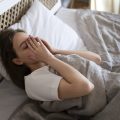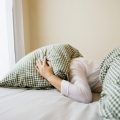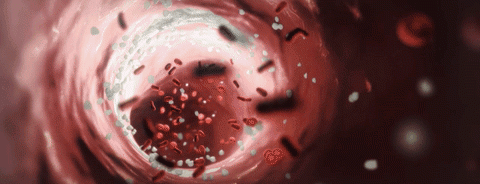
Depression and anxiety without medication
Overcoming Anxiety and Depression: An Effective Treatment Devoid of Medications
Preface to the
Anxiety and depression are prevalent mental health conditions that impact millions of individuals globally. Although medication can be a valuable instrument in the management of these conditions, an increasing number of people are exploring alternative treatment modalities. In recent years, non-pharmaceutical approaches to depression and anxiety management have become increasingly prevalent, providing a natural and holistic method for promoting mental health. Without resorting to medication, this blog will examine some effective strategies for treating anxiety and depression.
CBT is cognitive behavioural therapy.
Cognitive Behavioural Therapy (CBT) is an extensively acknowledged and empirically supported psychotherapeutic modality utilised in the treatment of anxiety and depression. CBT assists people in recognising and challenging maladaptive thought patterns in order to substitute them with more constructive and optimistic ones. Patients can acquire coping mechanisms and a deeper comprehension of their thought-emotion-behavior cycle via CBT. Enhanced mental health can be substantially improved through the implementation of this therapy in lieu of medication.
Meditation and mindful practise
Mindfulness and meditation can be extremely effective methods of coping with anxiety and depression. By encouraging individuals to remain in the present moment, these techniques reduce rumination and excessive anxiety. Consistent engagement in mindfulness and meditation exercises has the potential to yield positive outcomes such as enhanced emotional regulation, heightened self-awareness, and diminished tension. Numerous individuals seek solace in mindfulness and meditation due to the fact that they offer a natural means of managing depressive and anxious symptoms.
Fitness and physical exertion
It has been demonstrated that physical activity has numerous positive effects on mental health. Endorphins, the body’s endogenous mood enhancers, are produced during regular exercise; they can aid in the reduction of depressive and anxious symptoms. Participating in physical activities such as walking, jogging, yoga, or dancing has the potential to greatly enhance one’s mental health. Physical activity provides a natural remedy for depression and anxiety by promoting a sense of accomplishment, enhancing energy levels, and fostering overall well-being.
Dietary and Nutritional Alterations
Increasingly, the connection between diet and mental health is becoming apparent. A diet that is nutrient-dense and well-balanced can be of great assistance in the management of depression and anxiety. There is evidence to suggest that consuming foods abundant in omega-3 fatty acids, antioxidants, specific vitamins, and minerals may contribute to enhanced mental health. Additionally, reducing sugar and refined food intake can have a positive effect on mood. Engaging the services of a nutritionist or dietitian to develop an individualised diet regimen could be a prudent course of action.
Collaborative Social Networks
Seclusion and solitude have the potential to worsen indications of melancholy and anxiety. Establishing and sustaining constructive social relationships is vital for one’s mental health. A natural and effective method to cope with these conditions is to have a network of people who can offer emotional support and understanding, whether through therapy, family, friends, support groups, or other means.
Insightful Outlets
Creative endeavours, including but not limited to crafting, writing, art, and music, have the potential to alleviate symptoms of anxiety and depression. Individuals are capable of channelling their emotions and thoughts in a constructive and positive manner through creative expression. It facilitates the expression of one’s innermost being and may function as an organic method of therapy.
Bedtime Hygiene
Sleep is an essential component of mental health. Insomnia and disturbed sleep patterns may exacerbate or contribute to the symptoms of depression and anxiety. Good sleep hygiene and the establishment of a regular sleep schedule can enhance the duration and quality of sleep, thereby contributing to an overall improvement in mental health.
To conclude,
For many individuals, treatment for depression and anxiety without medication is a viable and frequently effective alternative. It is imperative to bear in mind that the efficacy of these non-pharmaceutical approaches may differ among individuals. While certain individuals may achieve favourable results by employing a blend of these methods, others might necessitate the use of medication in conjunction with these approaches.
Before deciding on an alternative treatment approach devoid of medication, it is imperative that you seek the advice and support of a mental health professional. Such an individual can offer individualised guidance and assistance. In essence, the process of recuperating from melancholy and anxiety is a personalised endeavour, devoid of a universally applicable resolution. Adopting a comprehensive approach to mental health that incorporates therapeutic interventions, social support, and lifestyle modifications can serve as an effective means of reclaiming agency and attaining enduring wellness.



